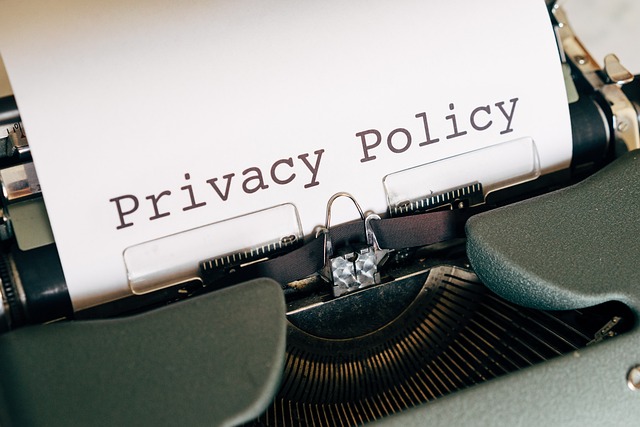In an era where our personal and professional lives intertwine more than ever, the role of a data protection officer has gained significant prominence. As we navigate the digital landscape, the importance of understanding technology etiquette in relation to social trends cannot be overstated. With the rapid advancement of technology, organizations are increasingly recognizing the need for dedicated professionals who can manage the complex web of data privacy laws and ethical considerations.
Technology etiquette goes beyond simply knowing how to use devices and software correctly; it encapsulates a broader understanding of privacy, security, and respectful communication. Today’s society is experiencing a shift where people are becoming more conscious about their digital footprints. From social media interactions to online shopping, choices made within these virtual spaces hold implications for personal privacy that many may not fully grasp. This growing awareness has spurred demand for data protection officers who can not only safeguard information but also educate individuals and organizations on best practices regarding data sensitivity and usage.
As social trends evolve, we witness conversations surrounding data breaches and identity theft take center stage. High-profile incidents have underscored the vulnerabilities that come with our digital lives, leading to heightened scrutiny of how companies handle their customers’ data. Herein lies the importance of the data protection officer—they are at the forefront of establishing frameworks to ensure compliance with laws like GDPR and CCPA, while also fostering a culture of respect for individuals’ rights and privacy. They are not just regulatory enforcers; they’re advocates for ethical standards in technology use.
Moreover, the emergence of AI and machine learning brings fresh challenges and ethical dilemmas. As algorithms learn from vast datasets, the risk of bias and invasion of privacy escalates. A proficient data protection officer must ensure that these technologies are employed responsibly and transparently, adhering to established protocols that respect user consent and anonymity. The need for professionals who can decipher these intricacies is more pressing than ever.
In interpersonal communication, technology etiquette involves engaging thoughtfully and respectfully online. Discussions around digital behavior extend to how we share sensitive information and interact through various platforms. The work of a data protection officer includes crafting policies that encourage responsible engagement and transparency within organizations, ensuring everyone from leaders to entry-level employees understands the significance of their digital actions.
Consequently, the rise of the data protection officer is not just a response to regulatory requirements but rather a reflection of changing societal expectations. People want to feel secure in their transactions and communications, which places the onus on organizations to build trust. By establishing a culture of data protection and privacy, these officers can bridge the gap between technology and ethical responsibility, guiding companies to adapt to the ever-evolving landscape of social norms and values.
The journey forward requires a commitment to continuous education and awareness regarding both technology etiquette and emerging social trends. As we continue to adapt and integrate technology into our lives, the role of the data protection officer will undoubtedly remain a cornerstone in fostering an environment where respect for privacy and ethical digital practices are paramount.




